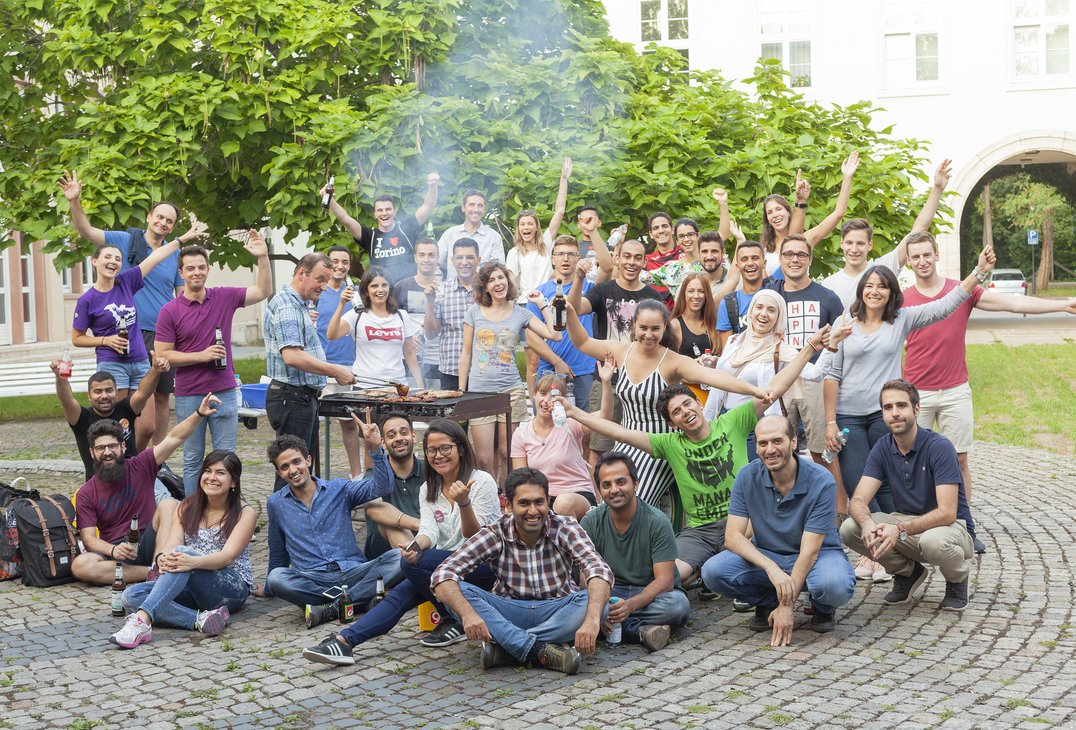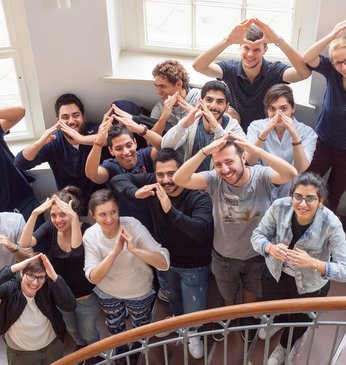Young scientists, master students and doctoral candidates in the various fields of civil and structural engineering or any other equivalent courses of study.
Prerequisite for participation, in addition to adequate English skills, are the submission of a meaningful motivation letter and an abstract with respect to current personal scientific activity which mediates the interest or the ability to enhance the project theme.


